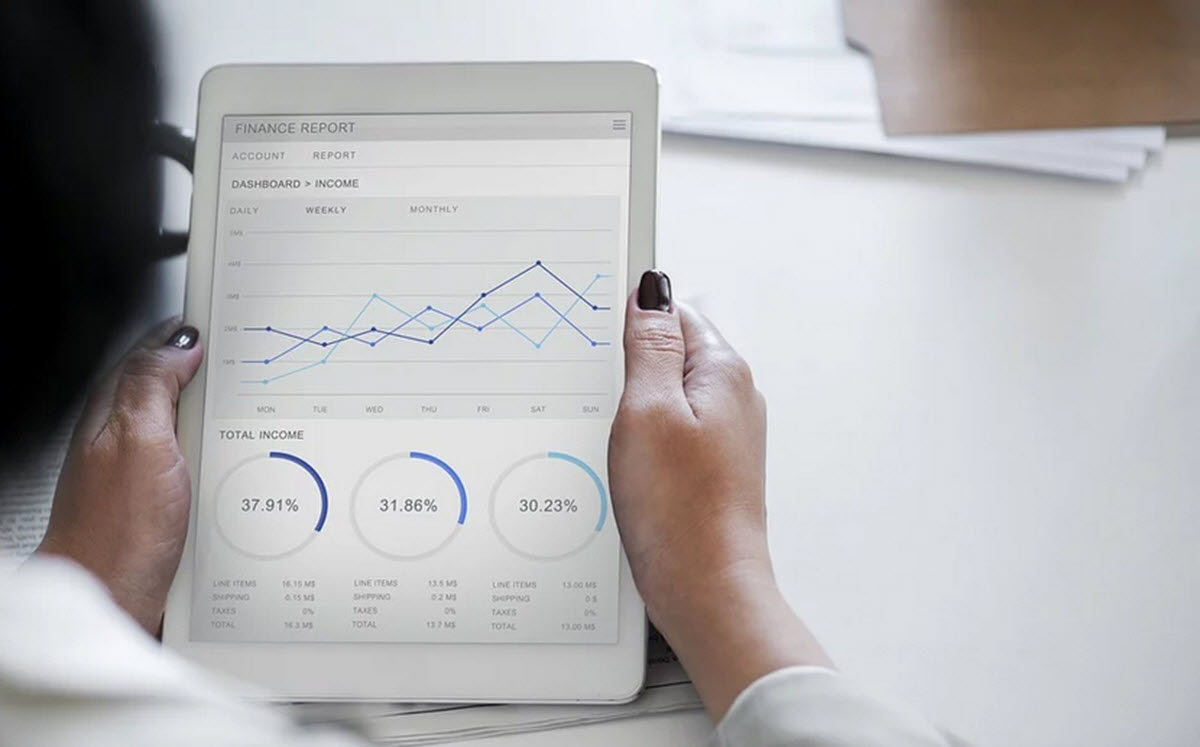What is CFD trading?
Contents
Contracts for Difference (CFD) is a type of financial instrument based on the price/level of an underlying asset or similar. The underlying can for instance be a share price, a commodity price or an index.
There are many trading sites online that offers Contract for Difference, and many of them also offers leveraged CFD trading. You can read more about leverage trades below.

What is a CFD?
With a Contract for Difference (CFD), it is possible to make money from price fluctuations in the underlying. How much money you make depends on he difference between two price points, typically the instant when your buy the CFD and the instant when it expires. Of course, there being a difference isn’t enough for you to get paid; certain other terms needs to be met as well. Always check the terms and conditions before buying a CFD, because they do vary between different trading sites and different CFD types.
One of the appealing aspects of CFD speculation is that you can make money even from very small price movements without investing a lot. Example: If you go the standard investment route and simply buy 20 shares for $55 each (total investment: $1100) and they increase to $57, you can sell them and make a 20 x $2 = $40 profit, minus transaction costs. You risked and tied up $1100 to gain less than $40. If you instead put $1100 into Contracts for Difference, you can earn much more than $40 if the price of he underlying share increases from $55 to $57.
Contracts for Difference were invented in London in the early 1990s, where they were used as a form of equity swap and traded on margin. Two very important persons in the early history of the CFD were Brian Keelan and Jon Wood, who both worked for UBS Warburg.
In the early years, it was mostly hedge funds and institutional traders that used Contracts for Difference. To them, CFD:s offered a cost-effect way to hedge their exposure to stocks listed on the London Stock Exchange. It was also a way of avoiding the UK stamp duty, since no actual shares changed hands.
As retail trading platforms emerged online in the late 1990s and early 2000s, Contracts for Difference became available for a much wider range of speculators.
Overnight fees
Contracts for Difference were created with short-term trades in mind. The basic idea is that you shouldn’t be exposed to risk for more than one trading day; you open and close the position during the same trading day.
With many online brokers, you CAN elect to keep your position open longer if you want to, but it will cost you since you have to pay an overnight fee.

Leverage
When you buy Contracts for Difference using leverage, you are using borrowed money to speculate. This is of course very risky, and you can end up owing the trading site a lot of money.
Example: Henry deposits $500 into his trading account. Instead of just using this money to speculate, he takes advantage of the leverage and borrows $4,500 to make a $5,000 CFD purchase. Regretably, his speculation doesn’t pan out for him and is a complete loss. Now, he hasn’t just lost his $500 – he actually owes the trading site $4,500.
Of course, leverage is not unique to the CFD world. Many trading sites (and offline brokers) extend credit to their clients for all sorts of trades, e.g. stock purchases, buying options, commodity trading, etc.
This article was last updated on: November 16, 2019
